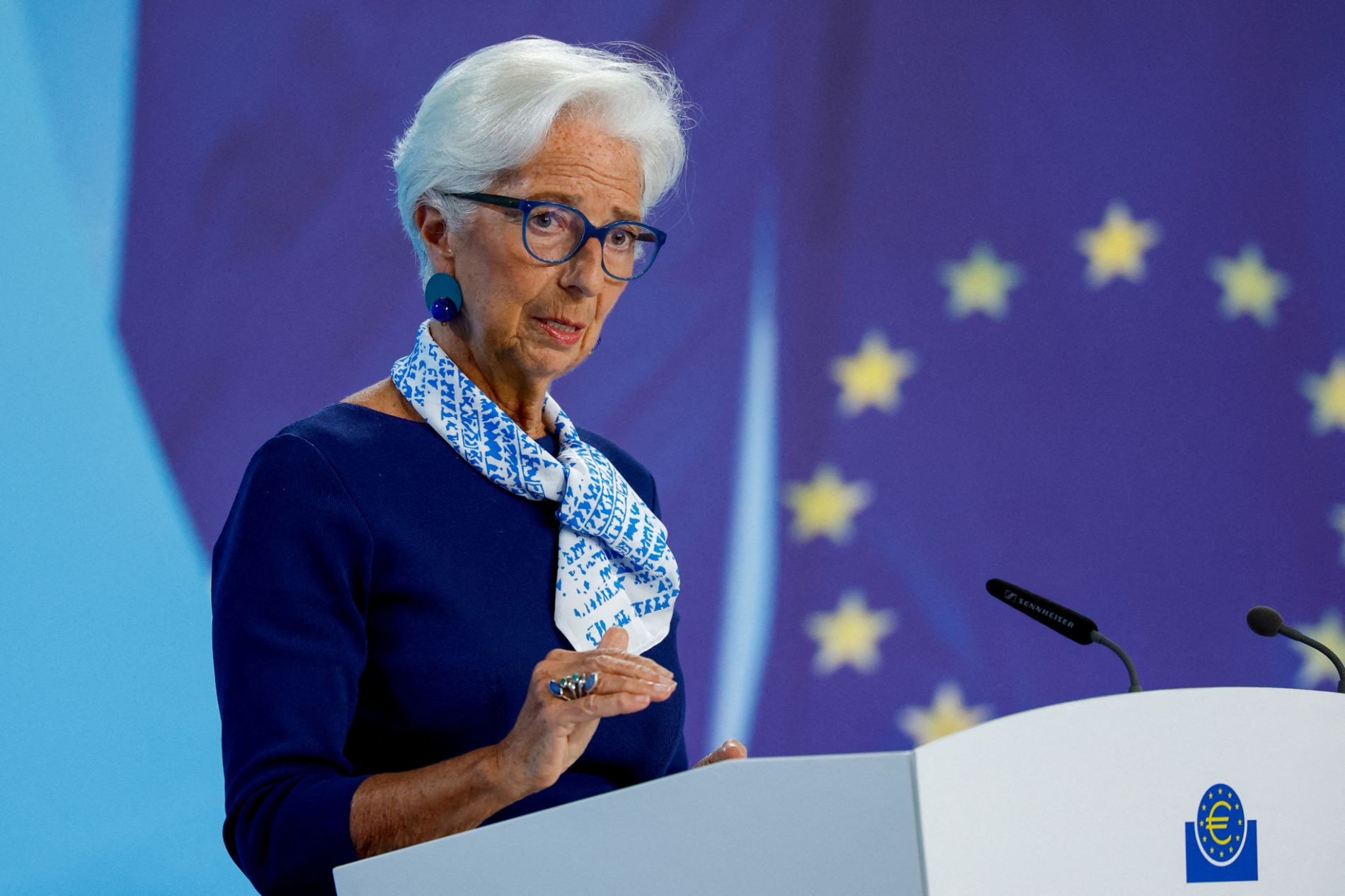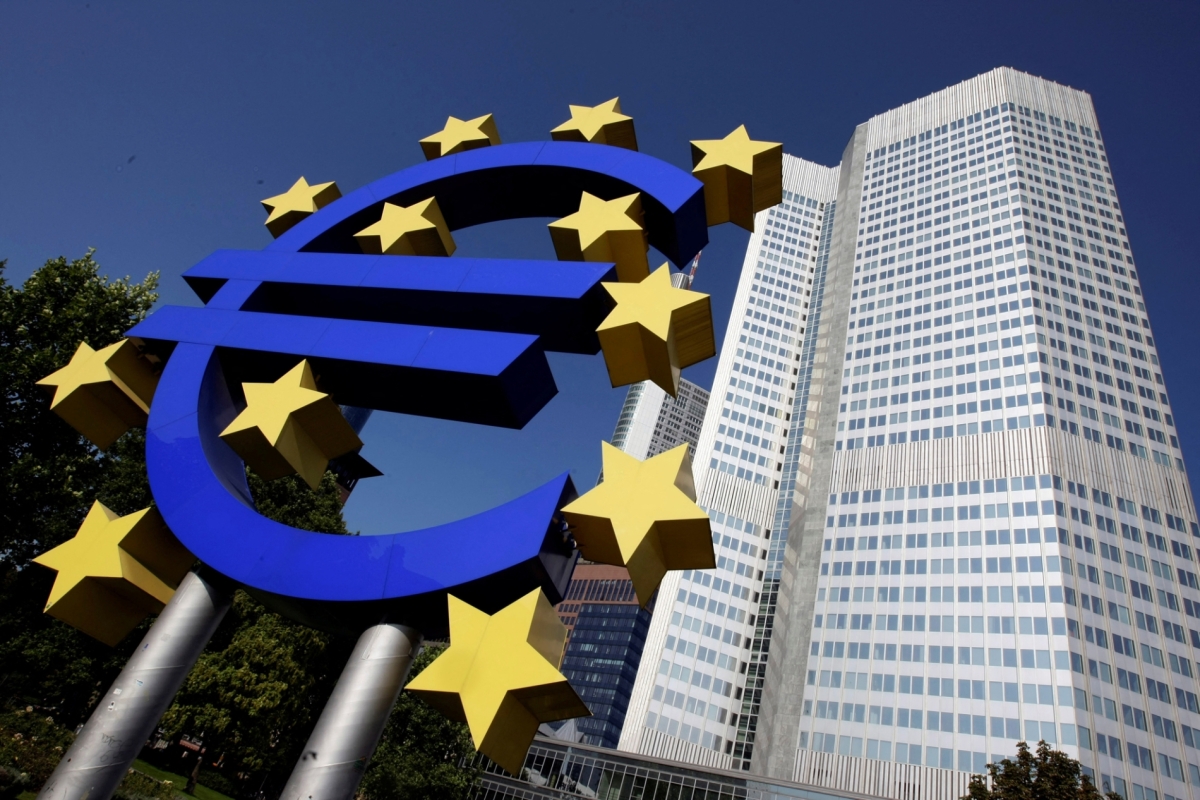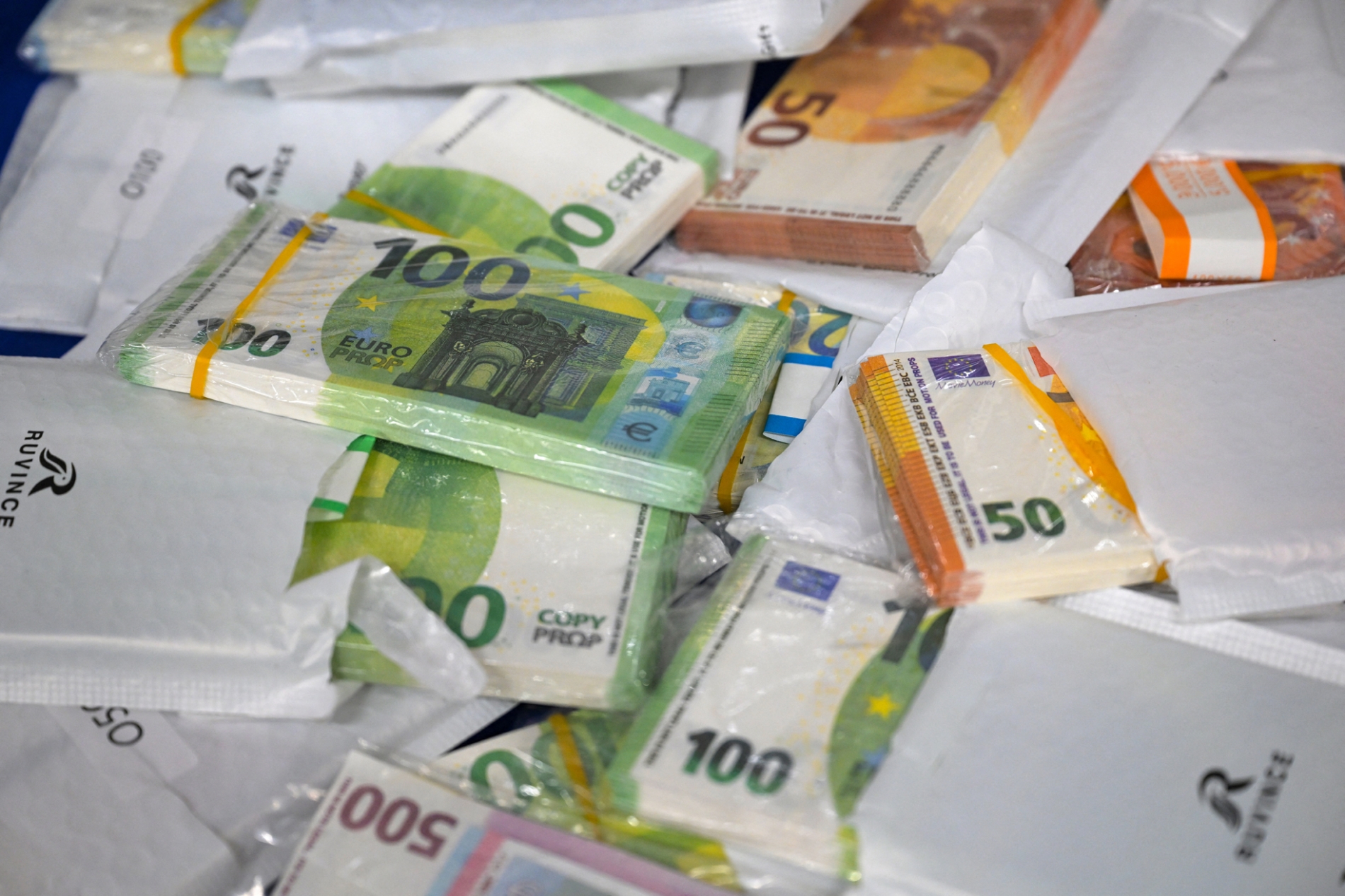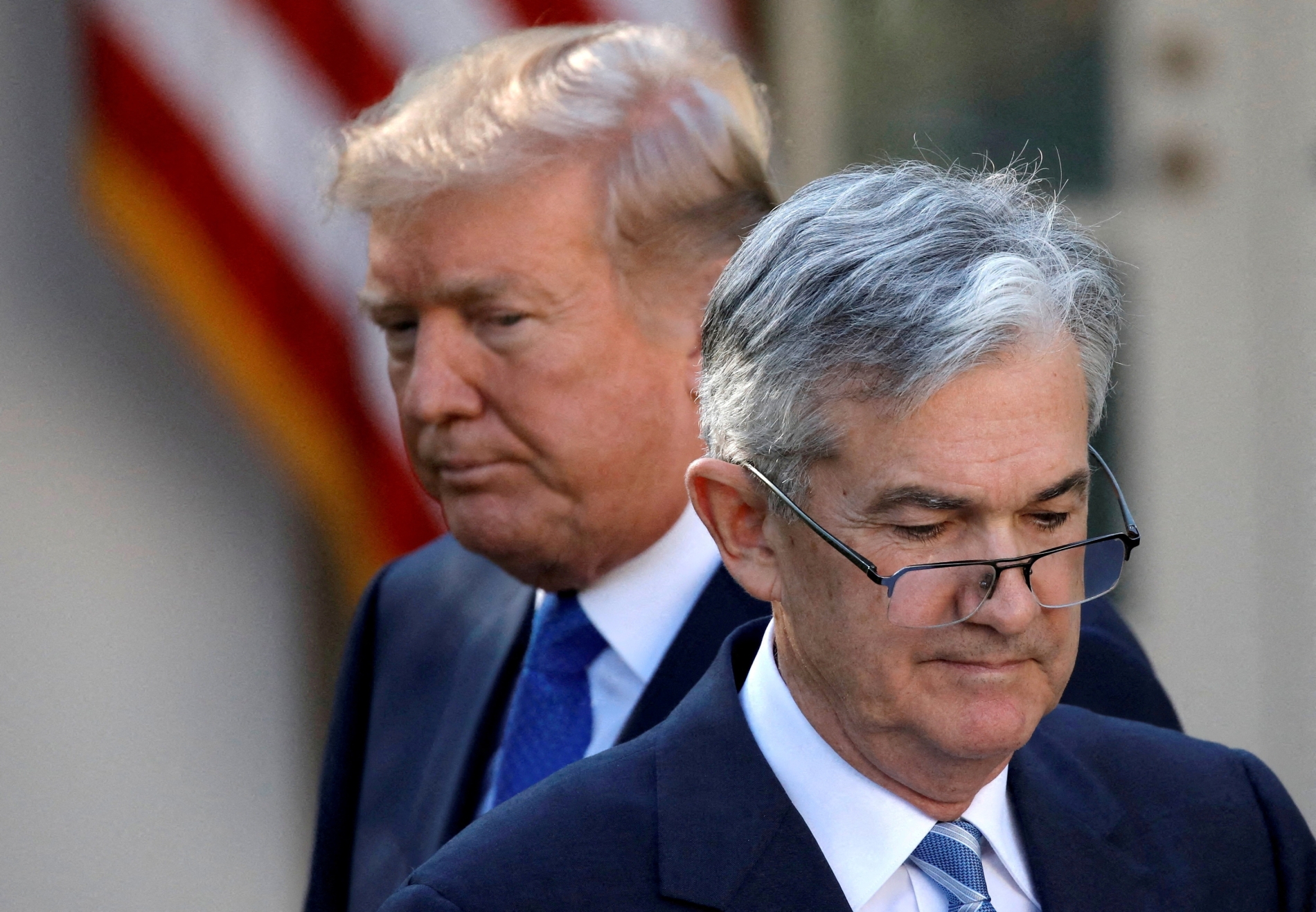One of the most senior central bankers in the world has delivered a stark warning on the potential worldwide impact of Donald Trump’s protectionist trade policies as president of the United States.
Christine Lagarde, the president of the European Central Bank, told a conference at the Hertie School in Berlin on 26 May that the global economic order is “fracturing”. She argued that the global economy thrived on openness and multilateralism and questioned whether recent shifts might signal the arrival of a “global moment for the euro”, in which the shared currency could take on a more significant role as an alternative to the dominant role of the dollar.
Any such transformation would not happen automatically, Lagarde warned. In a notable departure from the ECB’s own 2002 report – which explicitly opposed efforts to internationalise the euro as an end in itself – Lagarde said the European Union must actively work to elevate the euro’s influence.
After the currency launched in 1999, there were delays and half-measures in establishing the necessary architecture to support a global role for it, and in that sense, it stagnated. Lagarde made clear that to reverse this trend, Europe must commit more firmly to free trade, speak with one voice, and build a deeper, more liquid, and better-integrated capital market
The European financial system remains fragmented, undermining its appeal to global investors. Enhancing the euro’s use in international transactions will also require overhauling the legal framework for investment, increasing euro-denominated trade agreements—especially liquidity arrangements between the ECB and international partners— and developing more efficient cross-border payment systems.
European companies must also be encouraged to issue invoices in euros, for both exports and imports, to elevate the currency’s role in global trade. Geopolitical security is also essential. Institutional investors prefer placing their assets in currencies backed by reliable political partners with credible military capabilities to uphold international commitments.
One major obstacle is strong opposition from several EU member states—most notably Germany—towards the concept of joint sovereign borrowing for the bloc. This reluctance over debt mutualisation is driven by fears that German taxpayers could be exposed to excessive risk.
Lagarde defended collective financing of European public goods, such as security infrastructure and safe assets, calling it a prerequisite for building a resilient financial system anchored in the euro.

Read more: Christine Lagarde: the ‘Iron Lady’ of international finance
The Kindleberger Trap
What Lagarde calls the euro’s “global moment” may in fact be what economist Charles Kindleberger famously termed a “trap.” In his seminal work The World in Depression, 1929-1939, Kindleberger argued that international monetary and financial systems are inherently unstable unless they are underpinned by a dominant economic power that maintains an open international order.
Such was the case in the 19th century when Great Britain played the role through its military and financial clout. It coordinated macroeconomic policies around the gold standard, anchored by the Bank of England, which acted as a lender of last resort. But World War I greatly eroded British power. By the 1930s, it could no longer support the international monetary system.
The United States, though ascendant at the time, wasn't ready to step into the breach. This leadership vacuum—later termed the “hegemonic gap” by scholars summarising Kindleberger’s analysis—coincided with the Great Depression and political chaos that eventually led to World War II.
The 1944 Bretton Woods Agreement marked the shift of global economic leadership from Britain to the US, then the world’s largest economy, top gold holder, and most formidable military power. Today, however, as Hélène Rey of the London Business School notes, all signs suggest the world is again on the brink of a Kindleberger trap. The United States, the current hegemon, is turning inward, undermining the very rules of globalisation it once championed. Its leadership is increasingly seen not as a benefit but as a burden.
As the late French President Valéry Giscard d’Estaing once put it, this US dominance has become “an exorbitant privilege” —one not yet challenged by a credible alternative. The EU is still unprepared, and China remains far from integrated into global financial markets or the international rule of law.

















